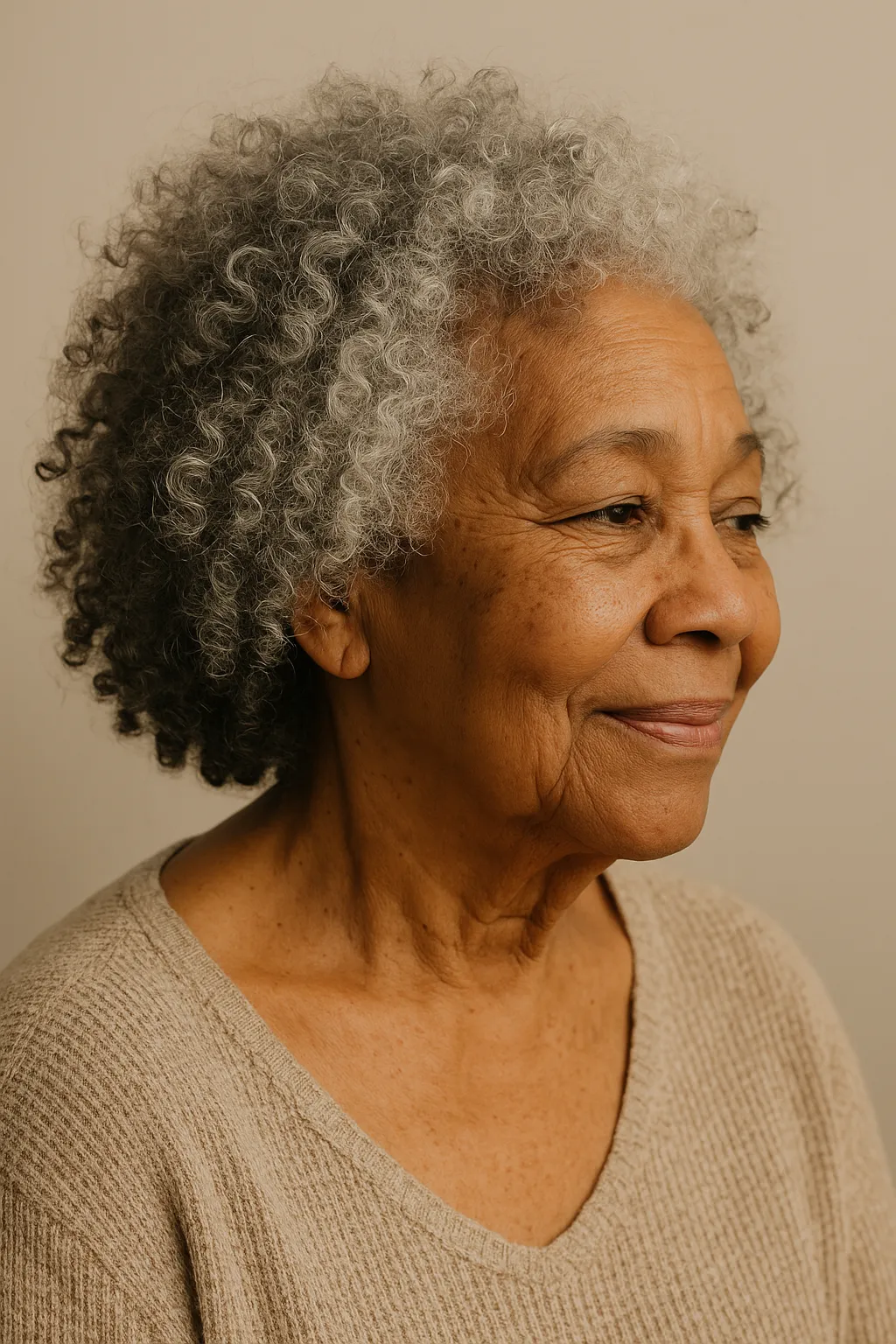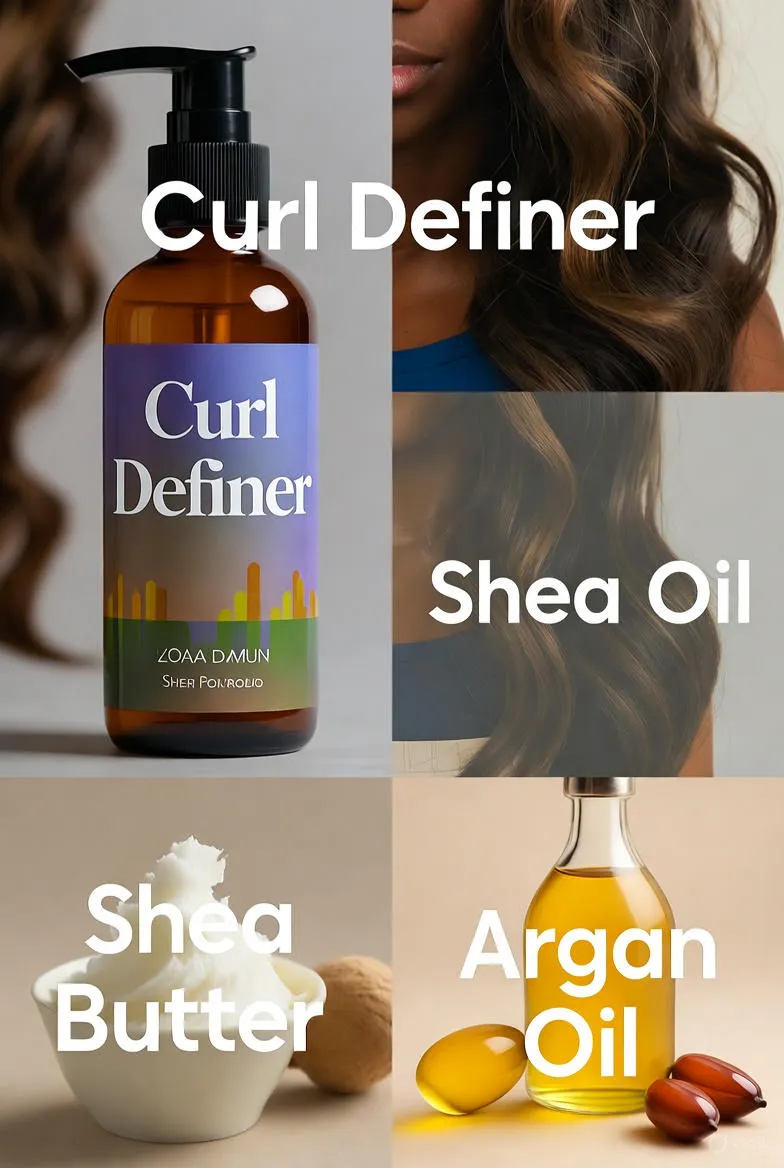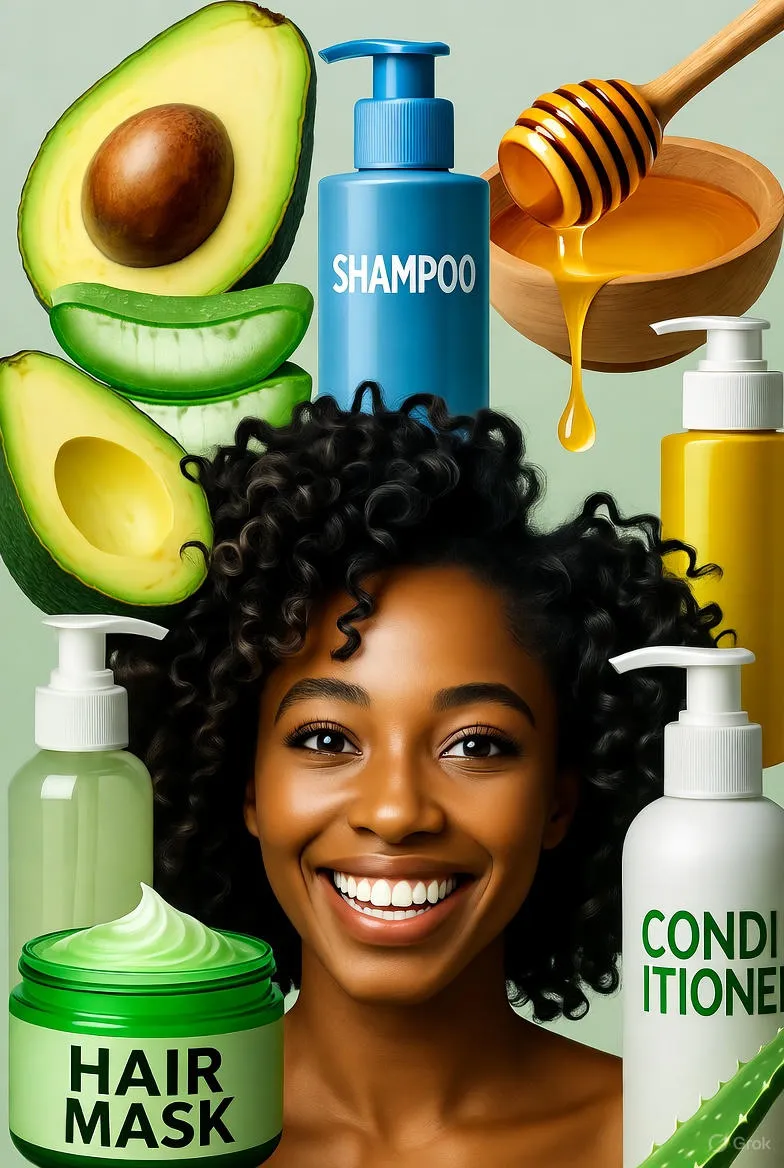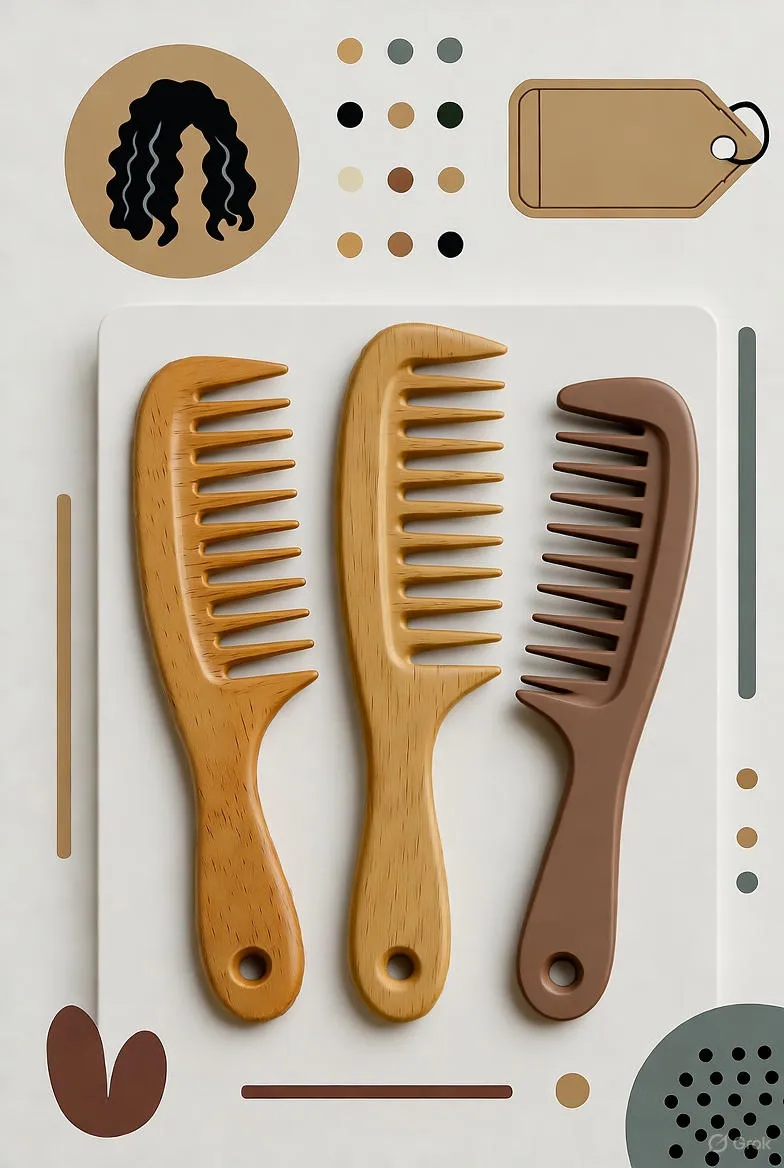Curly Hair Care for Seniors: Embracing Natural Texture with Grace and Confidence
Discover effective curly hair care tips for seniors. Learn how to maintain healthy, soft, and hydrated curls with gentle cleansing, deep conditioning, and age-friendly styling techniques.

As we age, our hair naturally undergoes changes — it may become thinner, drier, or lose some of its elasticity. For seniors with curly hair, these transformations can pose unique challenges, but also provide a beautiful opportunity to rediscover natural texture and enhance confidence. Caring for curly hair in the golden years isn’t about fighting against time — it’s about nurturing your curls so they can remain healthy, soft, and full of life.
Understanding the Nature of Aging Curly Hair
Curly hair tends to be more porous and dry than straight hair due to the structure of its strands. As we age, our scalp produces less natural oil (sebum), leading to dryness and increased fragility. Hormonal changes, medications, and environmental exposure can also affect hair texture, making curls appear looser or frizzier. Recognizing these shifts is the first step in developing a proper hair care routine tailored for mature curls.
Gentle Cleansing for Healthy Scalp and Curls
Senior curls benefit from mild, sulfate-free shampoos that cleanse without stripping essential oils. Look for products enriched with natural ingredients like argan oil, aloe vera, or shea butter. These ingredients help retain moisture and maintain softness. Washing once or twice a week is often sufficient, as over-washing can dehydrate the hair and scalp.
Tips for Cleansing
- Use lukewarm water instead of hot water to prevent dryness.
- Massage the scalp gently with your fingertips to stimulate circulation.
- Follow up with a lightweight conditioner to restore hydration.
Deep Conditioning and Moisture Retention
Moisture is the key to maintaining bouncy, defined curls at any age. A weekly deep-conditioning treatment can make a significant difference. Choose conditioners or hair masks rich in jojoba oil, coconut oil, or glycerin to provide deep hydration and reduce frizz. For those with particularly dry or brittle hair, a leave-in conditioner is a must-have.
How to Deep Condition Effectively
- Apply a generous amount of conditioner to damp hair after shampooing.
- Cover your hair with a shower cap to trap heat.
- Leave it on for 20–30 minutes, then rinse thoroughly with cool water.
This simple ritual can restore shine and elasticity, helping your curls stay soft and manageable.
Trimming and Styling Mature Curls
Regular trims are essential to remove split ends and maintain a healthy shape. For seniors, haircuts that complement facial features and curl patterns can make styling easier and more flattering. Consider shorter, layered cuts to add volume and reduce weight. When styling, avoid excessive heat from blow dryers or flat irons — instead, let your curls air dry or use a diffuser on a low setting.
Styling Tips for Seniors
- Use a wide-tooth comb or your fingers to detangle wet hair gently.
- Apply a curl cream or light gel to define curls and prevent frizz.
- Experiment with protective hairstyles like loose buns or braids to minimize breakage.
Choosing the Right Hair Accessories
Accessories can add charm and practicality to your hair care routine. Opt for silk or satin pillowcases and scrunchies to reduce friction and maintain moisture overnight. Avoid tight elastics or metal clips that can pull on the hair and cause breakage. Lightweight scarves or headbands can also be a stylish way to protect curls from wind and sun.
Nutrition and Hydration for Stronger Hair
Healthy curls start from within. Seniors should focus on a balanced diet rich in omega-3 fatty acids, vitamins A, C, D, and E, and biotin. These nutrients support scalp health, improve hair growth, and enhance shine. Staying hydrated by drinking plenty of water throughout the day is equally important for maintaining elasticity and vitality.
Dealing with Hair Thinning and Scalp Changes
It’s natural for hair density to decrease with age. However, gentle scalp massages, nourishing oils like castor oil or peppermint oil, and mild hair serums can encourage circulation and strengthen follicles. If thinning becomes significant, consulting a dermatologist or trichologist can help identify the cause and provide targeted solutions.
Embracing Your Natural Beauty
Perhaps the most empowering part of senior hair care is learning to embrace your natural curls with pride. Curly hair tells a story of individuality, resilience, and character — qualities that only grow richer with time. There’s beauty in every ringlet and wave, no matter how silver or soft they become.
Final Thoughts
Caring for curly hair as a senior is about patience, self-care, and joy. With the right approach, your curls can remain vibrant and expressive for years to come. Remember: simplicity, consistency, and kindness toward your hair are the ultimate ingredients for lasting beauty.


